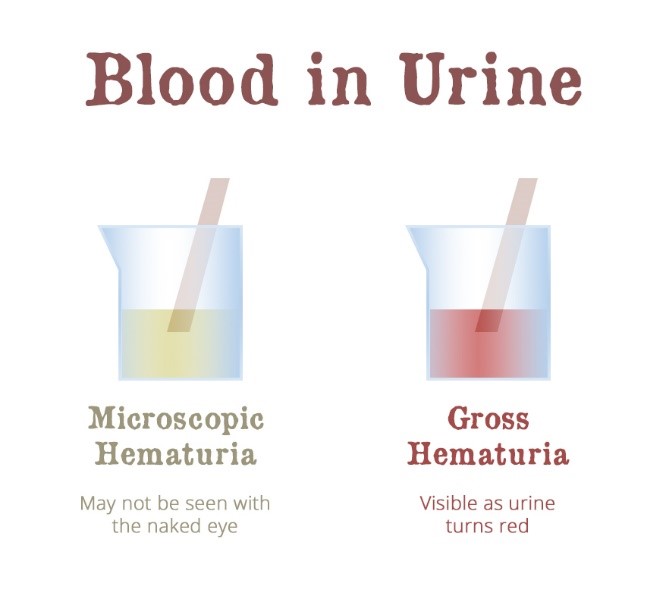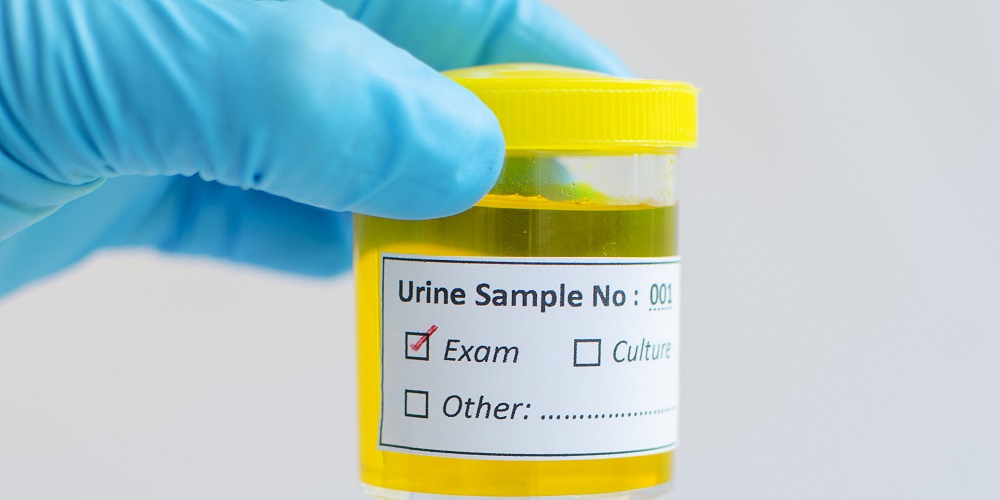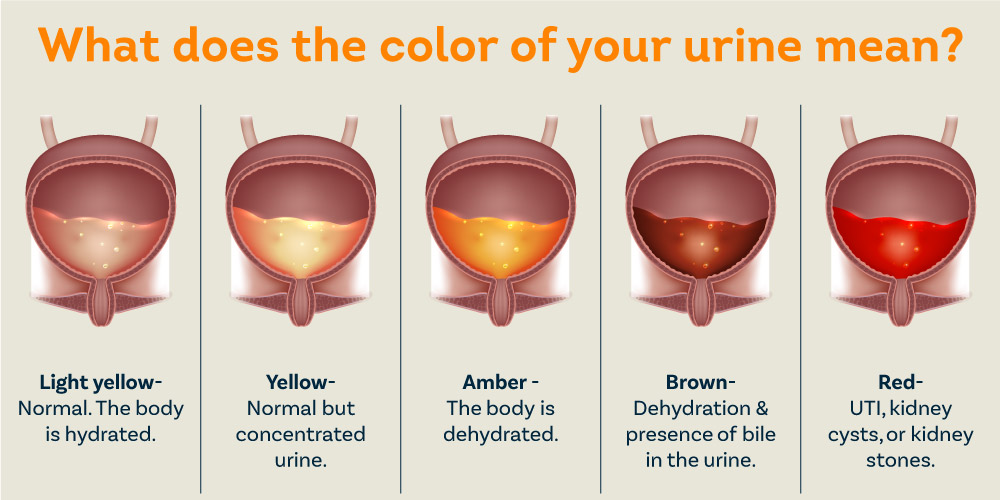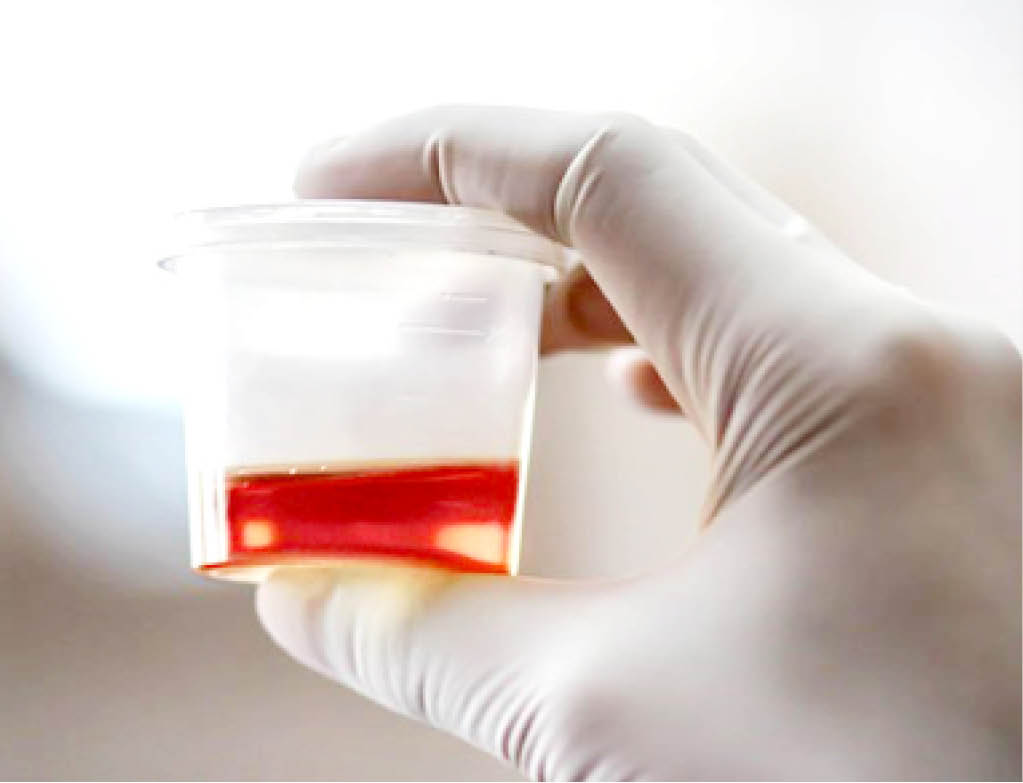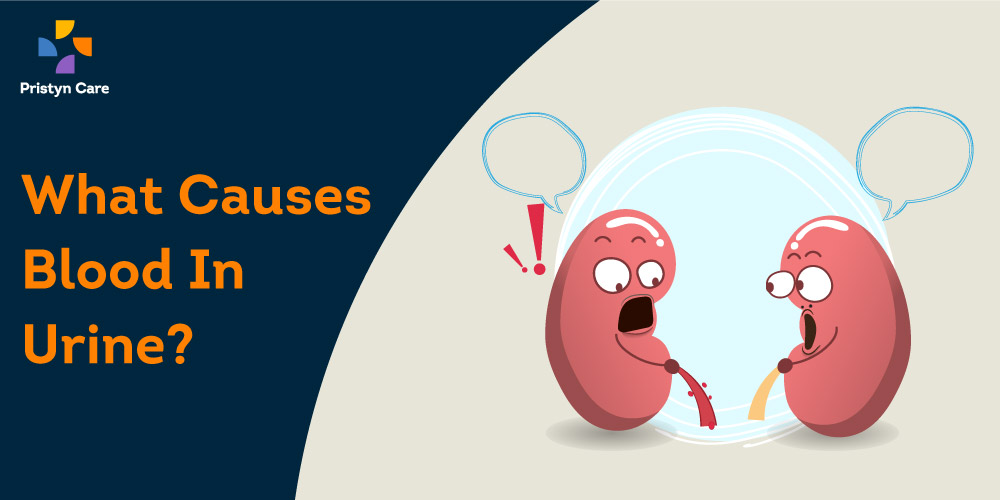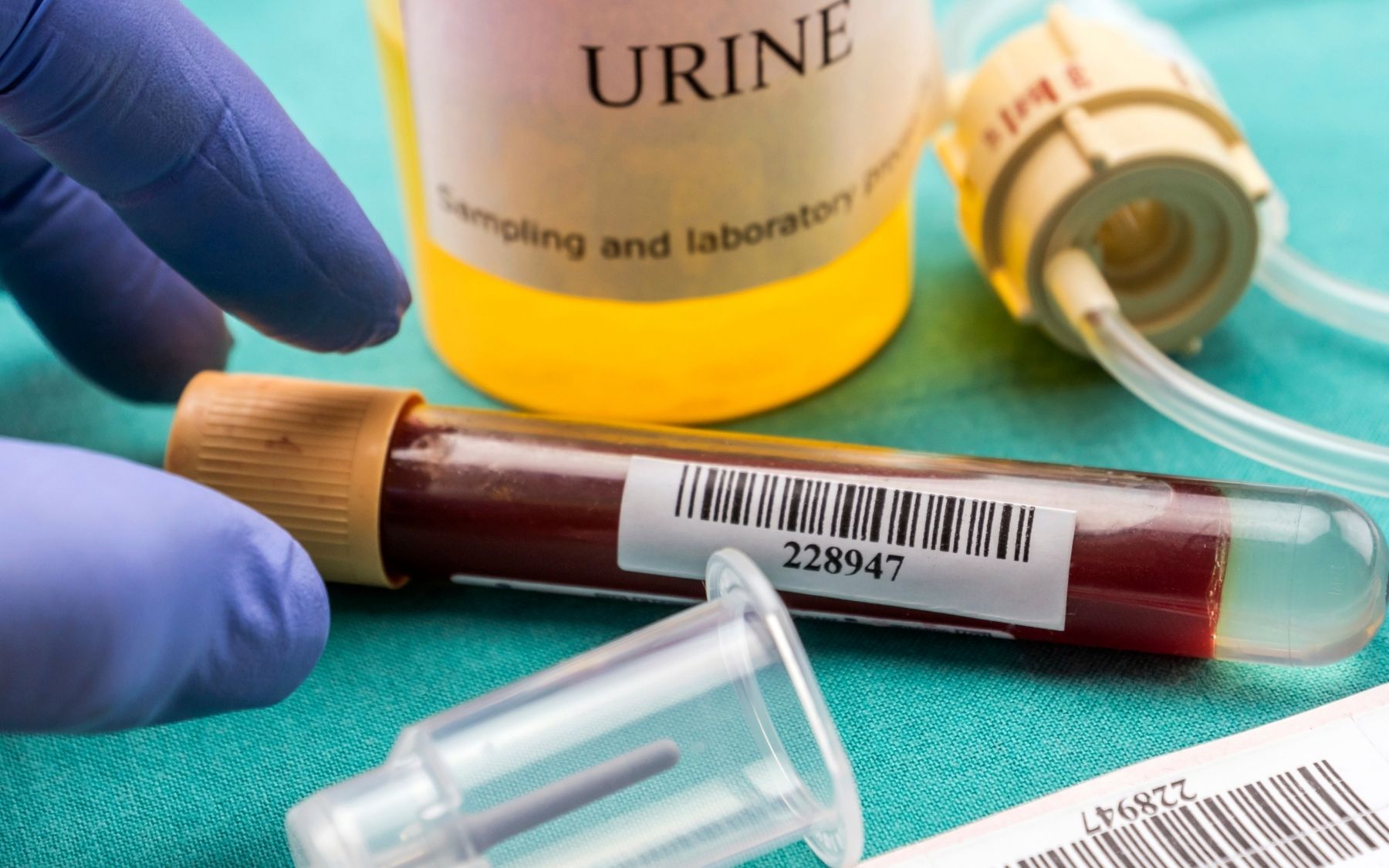Breathtaking Info About How To Treat Blood In Urine
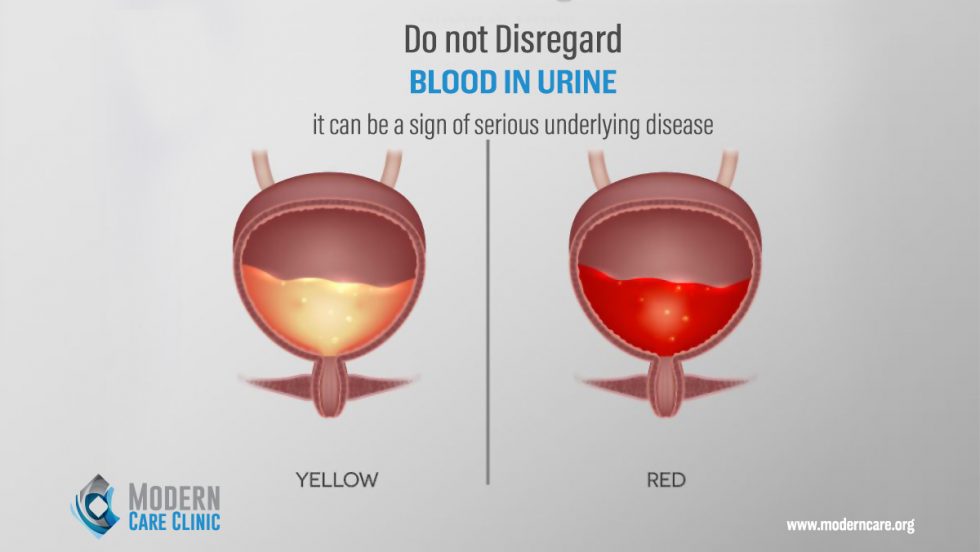
Infections are treated with antibiotics.
How to treat blood in urine. Treatment will depend on the type of injury and can include: Trying a prescription medicine to shrink an enlarged prostate. Learn how to treat blood in the urine from webmd, a trusted source of medical information.
If there is a high level of calcium in the urine, diet. Learn what causes blood in urine, how to diagnose it, and how to treat it depending on the cause. Hematuria refers to blood in the urine.
When the urine is red or pink, it could be linked to blood in the urine and is called gross or visible hematuria. Some symptoms can mean the situation is more urgent. How is blood in the urine treated?
Having a treatment that uses sound waves to break up bladder or kidney stones. Hematuria is blood in the urine. 1 look for pink, red, or brown urine.
If you have blood in your urine that lasts more than a day, see a health care provider, especially if you have unexplained weight loss,. Hematuria is blood in the urine. Occasionally, a uti can cause an increase of white blood cells in the urine, a condition known as pyuria.
At times, the diagnosis of hematuria is clear, such as when the urine appears pink or red or when blood clots are observed. Marathon runner's hematuria is one nickname for hematuria. Health and wellness how to treat a cat with blood in its urine parts 1 bringing the cat to the vet 2 giving the cat the necessary treatment 3 preventing.
Often times, no treatment is needed. Visible blood in your urine typically isn't separate from the urine itself. Treatment when to see a doctor summary blood in the urine (hematuria) can affect males for various reasons, such as a urinary tract infection, prostate issues,.
The two types of hematuria are gross hematuria—when you can see the blood in your urine microscopic hematuria—when you cannot see the blood in your urine, but it can be. Taking antibiotic medicines to clear a urinary tract infection. Find out the types of blood in urine, the symptoms, and the treatments for.
Some pain relievers, blood thinners and antibiotics can raise the risk of blood in urine. But when symptoms do occur, they can include blood in the urine and pain in the lower back or. Blood in urine can be a sign of serious health problems, such as infection, kidney disease, or cancer.
Examples include blood thinners (medicines for blood clot prevention ), pain relievers,. Blood thinners may cause blood in the urine—as may aspirin, penicillin and the chemotherapy drug cyclophosphamide. Find out what causes blood in the urine, how to get help, monitor symptoms, and follow.

